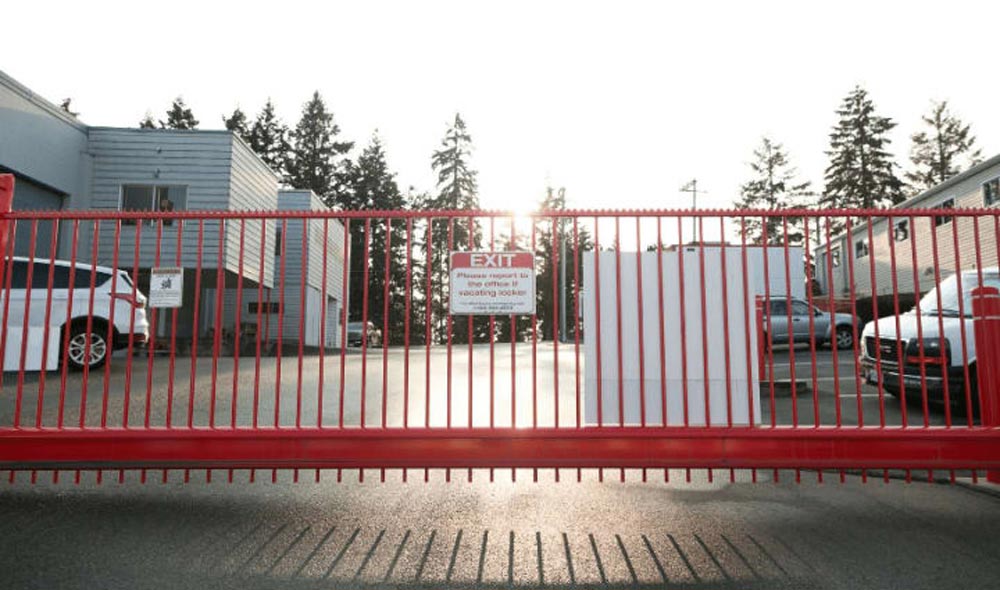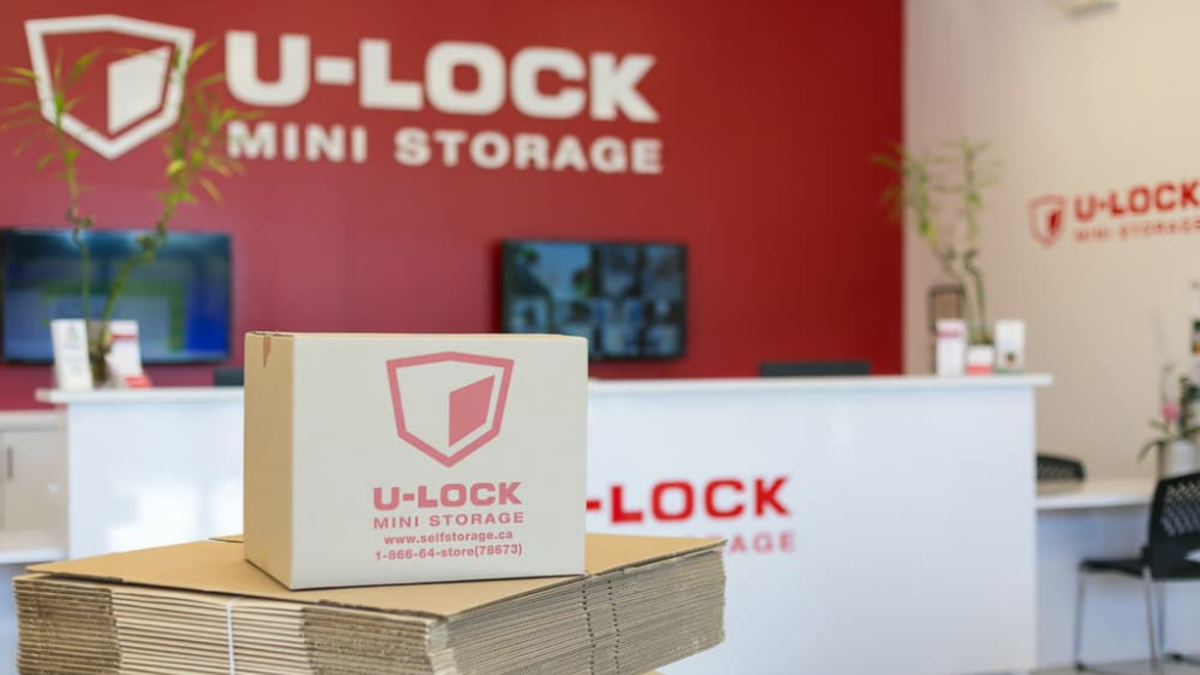As more retail stores and small or home-based businesses are using eCommerce to sell their products, finding a suitable and sizable storage space to store inventory is a priority. An easy and cost-efficient approach to store your inventory is by using a storage unit. By renting a storage unit, you can select a unit size based on your inventory needs, budget, and take advantage of many key benefits. Here are the top five reasons why eCommerce businesses should rent a self storage unit.
- More cost-effective than warehouses
If you have recently launched your own eCommerce business and do not have a lot of products in your inventory yet, starting off with a smaller-sized storage unit will be a fantastic way to get your eCommerce going! We have a wide variety of storage unit sizes for you to choose from. We recommend starting with a 10×10 feet storage unit; it is equivalent to half of a one-car garage which gives you sufficient space for a smaller amount of products.
If you need more space, you can rent a 10×15 feet storage unit, which is equivalent to roughly two-thirds of a one-car garage. We also have bigger storage units available – as large as 13×23 feet.
Renting a storage unit to hold your inventory is a more cost-effective way than using a warehouse because you can rent a storage based on your inventory size and budget, and you always have the flexibility to switch to a smaller or bigger unit. If you are selling at a high volume and your inventory is depleting, you can change your storage unit to a smaller unit to adapt to your new needs.
- No Monthly Contract = More Flexibility
As mentioned above, you always have the flexibility to switch to a bigger or smaller storage unit according to your needs because storage facilities, such as U-Lock Mini Storage, do not require monthly contracts. This autonomy lets you switch between different unit sizes from one month to the next. For example, if your inventory is running low towards the beginning of the year and you do not plan on ordering a large number of products to replenish your inventory, you can downsize to a smaller unit.
- Heat-controlled storage units available
Storing items in a heat-controlled storage unit prevents your belongings from being damaged from humidity or extreme heat.
Humidity control is vital in preserving stored items in optimal conditions. When there is excessive humidity in the air, some products may warp or decay. Heat-controlled storage units ensure that the humidity level in a storage unit is around 55% base humidity. Excess moisture is removed using air conditioning.
In addition to ensuring a healthy humidity level, a heat controlled-storage unit also makes sure that the stored items are not in an extremely hot and dry condition. Some items can suffer from warping, splitting, or cracking in extreme heat. To prevent this, a heat controlled-storage unit uses air conditioning to pump and circulate fresh air into the storage.
A heat-controlled storage unit is also ideal to deter debris, dust, and pest infestation. Heat-controlled storage units are completely sealed and secured, and are located deep in a storage facility which prevents debris, dust, rodents, and other unwanted guests from entering the storage units and damaging your products.
- Enhanced Security
Storage units are an excellent place to store valuable items due to their incredible security measures.
Our storage facilities are monitored 24 hours a day using digital surveillance. Additionally, we offer storage units that have individual alarms installed, which means that an alarm will be triggered when a trespasser attempts to break into a storage unit.
To further enhance the security of the perimeter, we give each renter a unique access code that they must dial to enter the storage facility and unlock their self-storage unit. Each renter also must enter their unique access code to lock their storage unit and exit the building. This mandatory procedure lets the storage facility keep track of who goes in and out, thus preventing trespassers from entering the storage facility. Compared to storing inventory in a shed in a backyard or in a garage, storing your inventory in a storage unit is exponentially safer and more secure.
- Convenient accessibility
To accommodate our customers’ schedules, we offer increased operating hours. You can have access from 6 am to 9 pm, 7 days a week, all year long. Please check your location U-Lock Mini Storage facility for extended hours!
Questions? Feel free to call us at 1.866.647.8673 or contact us online at https://www.selfstorage.ca/contact-us and our staff will be more than happy to answer any questions you may have!
Looking to reserve a storage unit? Find a self storage facility near you:




